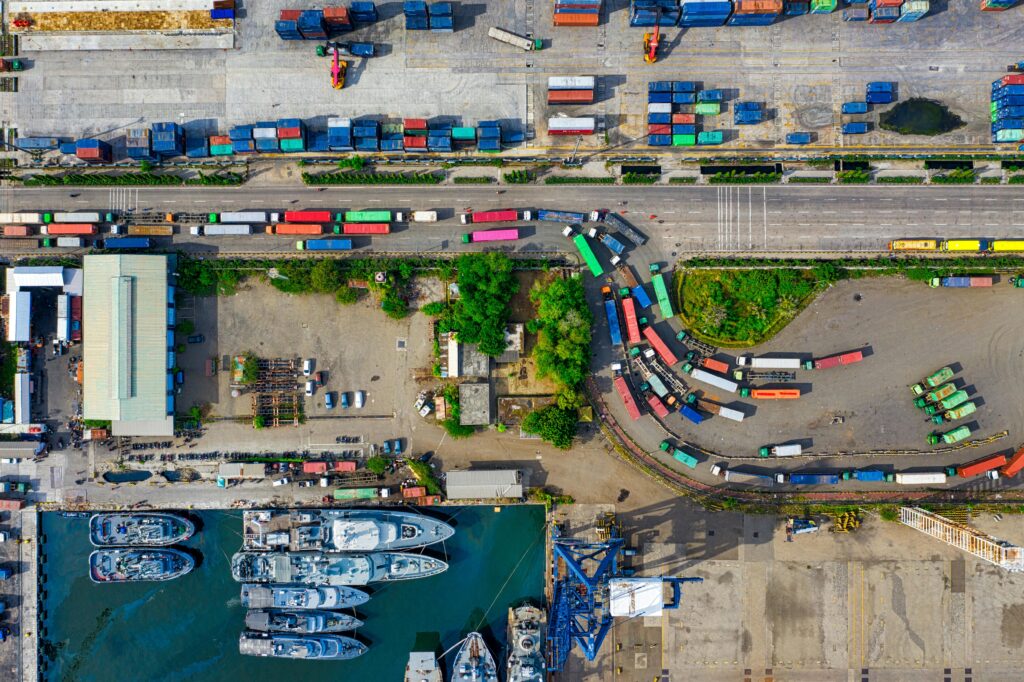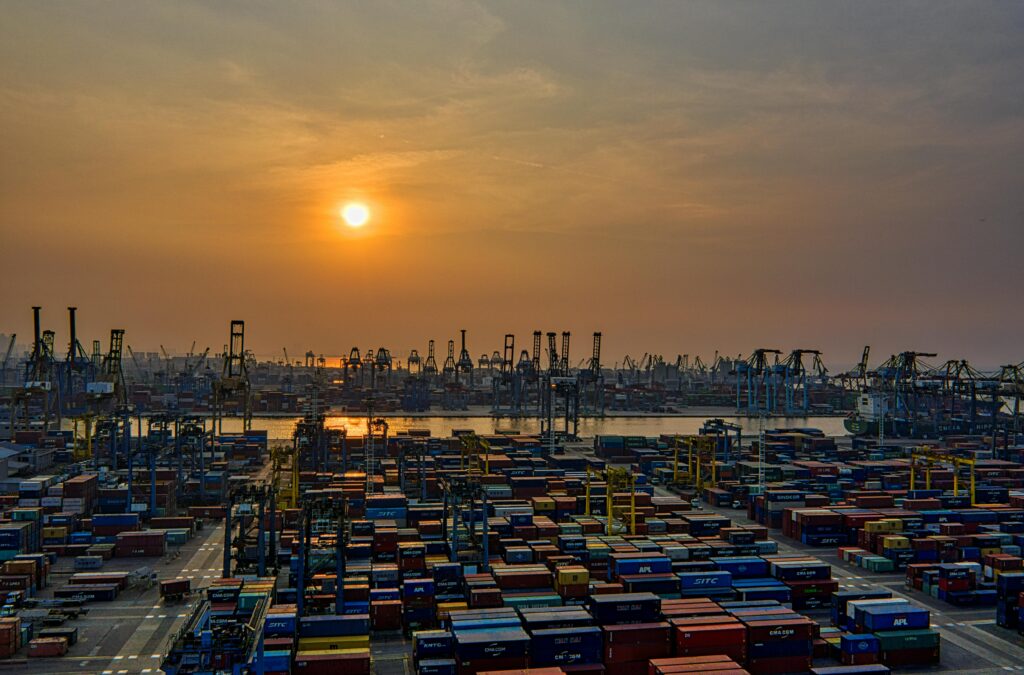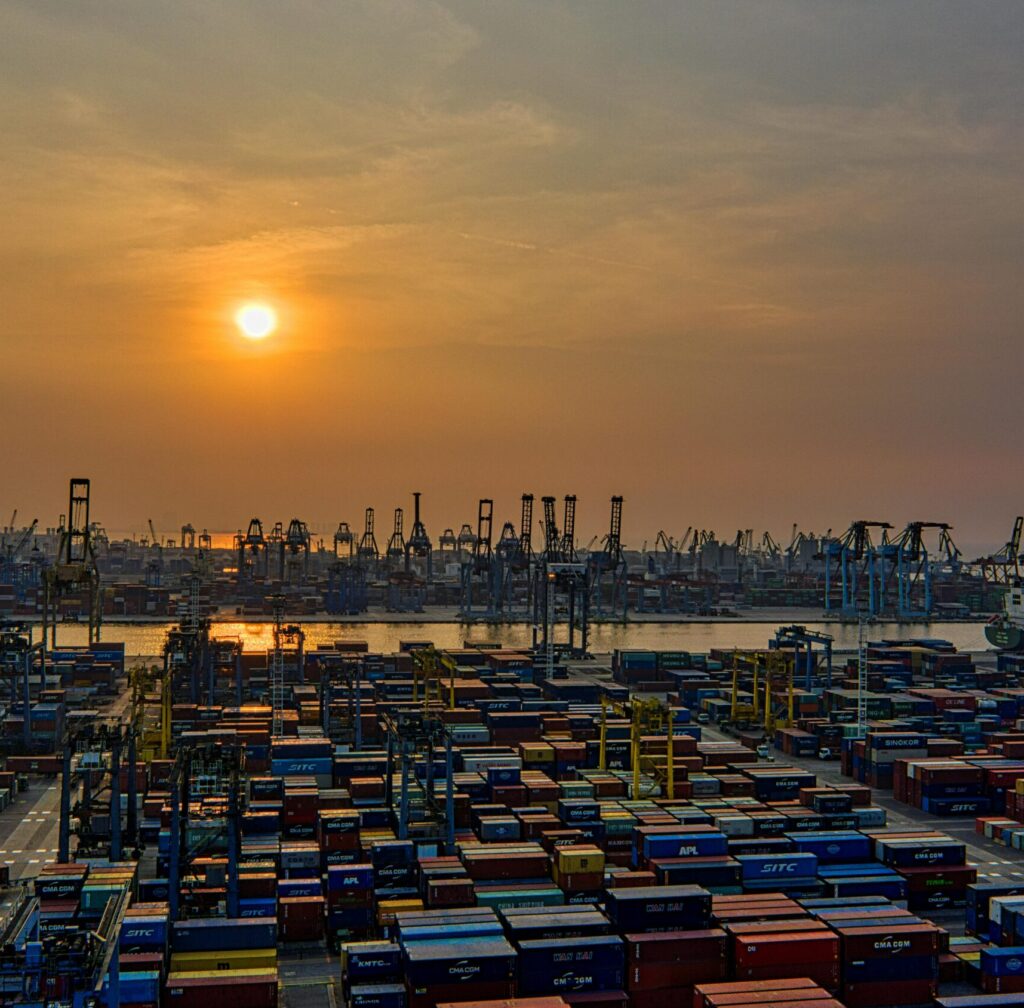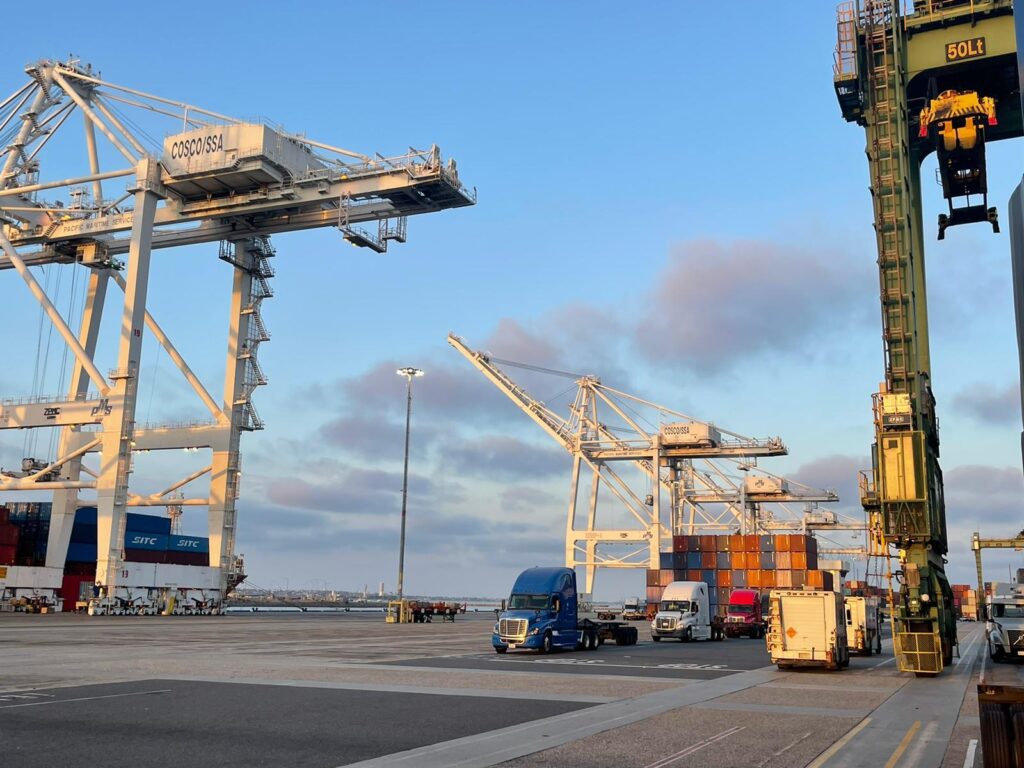Customs clearance and Importer Security Filings (ISFs) are critical aspects of the import process, involving various procedures, fees, and regulations. In this Q&A blog post, we’ll address common questions about customs and ISFs, providing insights to help you understand and navigate these essential processes effectively.
Your Questions Answered
Q: What is a customs broker?
A: A customs broker is someone that declares your shipments
with Customs and Border Protection (CBP), finding the right classifications and
duty rate, paying duties, arranging delivery documents, filing Importer
Security Filing (ISF), and facilitating exams, in the correct time frame, among
other tasks.
Q: What is a customs and ISF bond?
A: A customs bond is a surety bond ensuring that you’ll pay
duties and on time, while an ISF bond is required for ISF filing, providing
financial security to CBP.
Q: What amount can I expect for duties?
A: Duty rates vary based on the imported commodity, and the
country manufactured in, which can range from 1% to 100% or more. Consulting
with a freight forwarder or customs broker before importing can help avoid
surprises.
Q: I was told that my item is duty free yet I have a duty fee. Why?
A: You are always subject to merchandise processing fee
(MPF) of 0.34% and harbor maintenance fee (HMF) of 0.125% – however for imports
by air you will not have the HMF. Cotton products also have a fee.
Q: Why are my goods taken to exam?
A: Exams occur randomly without specific reasons, but certain high risk items, especially toys and baby products, have a higher chance of being flagged for examination.
Q: Is there anything I can do to avoid exam?
A: While there’s no guaranteed way to avoid exams,
participating in Customs-Trade Partnership Against Terrorism (CTPAT) can help
get preferential treatment in exam queue processing. Keeping clear
documentation of how products are manufactured and how items are classified are
also helping in building goodwill credit with CBP. Lab tests are helpful once a
shipment is flagged for an exam to expedite the process.
Q: About how long does an exam take?
A: Exams for sea shipments with containers can take up to
two weeks at an exam site, while air shipments typically undergo quicker
examinations, depending on the examiner’s speed.
Q: Are there any fees for exams?
A: Yes, fees for exams vary but may include charges for
exam sites for sea shipments and storage fees for air shipments.
Q: Should I buy a yearly or single ISF bond?
A: The decision depends on the import frequency. For sea
shipments of three or more times a year, a yearly bond is beneficial, while for
air shipments of six or more times a year, a yearly bond is recommended.
Q: What is a Customs Power of Attorney?
A: A Power of Attorney is a signed agreement between the
importer and customs broker, granting the broker authority to conduct customs
and ISF on behalf of the importer.
Q: What is antidumping and countervailing duty?
A: Antidumping and Countervailing Duty (AD-CVD) is a
penalty imposed on imports that the United States Trade Representative (USTR)
determines is being sold lower than their fair trade value, effectively dumping
the products to put US businesses out of business and is aiming to protect
local businesses and markets from unfair competition.
Q: I am importing food items, am I subject to any additional
scrutiny or regulation?
A: There are many partner governmental agencies (PGAs) such
as the Food and Drug Administration (FDA) and the United States Department of
Agriculture (USDA). Before importing any product, it’s recommended to consult
with a trade compliance consultant or customs broker to advise on additional
compliance certification needed to avoid confiscation or re-exportation of your
shipment.
Understanding Customs Clearance
Navigating customs clearance and ISF involves understanding various procedures, fees, and regulations. By addressing common questions and seeking guidance from experienced professionals, businesses can ensure compliance and streamline their import processes effectively, contributing to successful international trade operations.




